Foundational and Theoretical Knowledge:
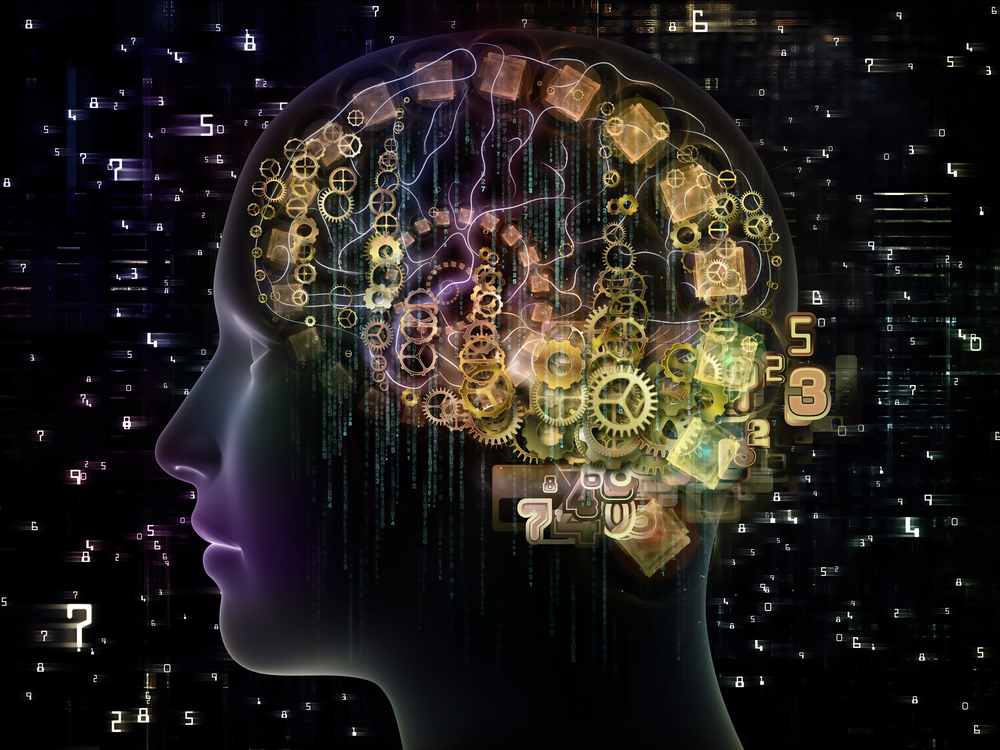
Foundation and Theoretical Knowledge: Your success begins with a strong foundation!
- Ilana Rubenfeld’s six (6) Aha’s and the 18 RSM Principles (the backbone of RSM)
- Introduction to the pillars of RSM: Gestalt theory, F. M. Alexander Technique theory, Feldenkrais theory
- Introduction to research in neuroscience: neuroplasticity, cellular memory
- Importance of touch in development
- Importance of touch in the therapeutic relationship
- Introduction to Attachment Theory
- Body as messenger; body as metaphor
- States of consciousness, trance theory
- Ethical principles and standards of practice
Somatic Skills:

Somatic Skills: Your touch heals the world, one heart at a time.
- Bodymind movements – awareness through movement
- B.O.M.A. Balance of Mechanical Advantage--physiology of bone/muscle leverage. Right use of the body.
- Listening, intentional touch (the foundation of RSM)
- Somatics – touch and movement to heighten somatic awareness, deepen the session, and promote healing and change
- Basic somatic sequence; advanced somatic moves
- Following the somatic thread of a session
- Weaving together touch and talk
- Breath – following and using in service to the client
- Anatomy – basic functional anatomy
- G.R.O.U.N.D. (the foundation of RSM)
- Safety (professional, warmth)
Verbal Skills:
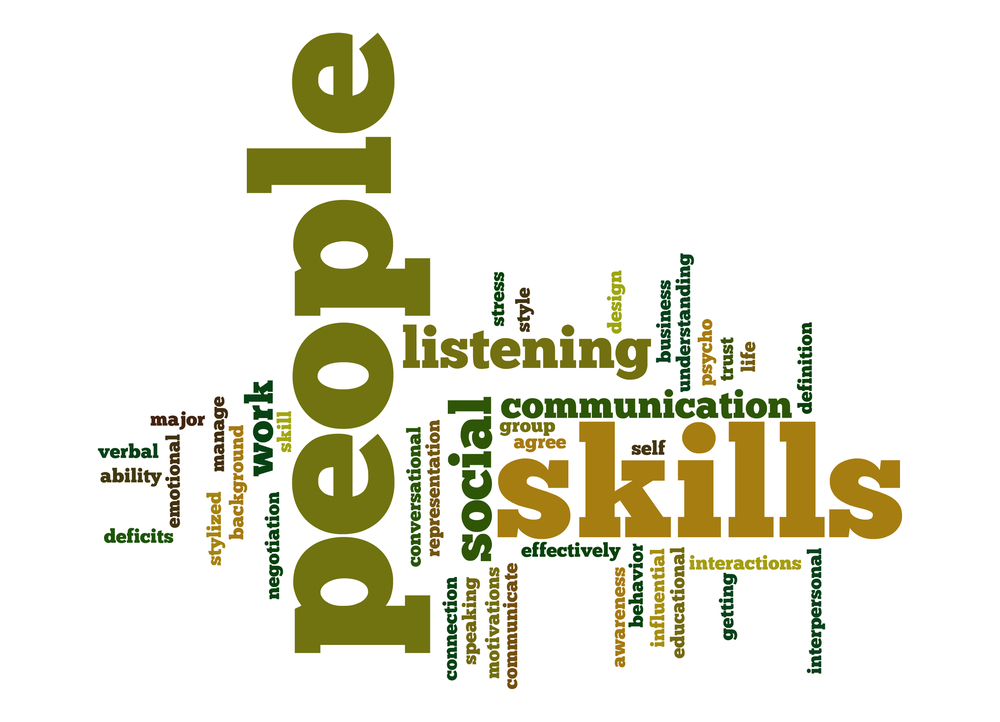
Verbal Skills: Your clients want to know you care AND understand.
- Verbal interventions to support somatic awareness
- Use of voice
- Following the verbal thread of the session
- Effective Listening
- Weaving together talk and touch
- Verbal skills to deepen the session
- Implicit and explicit communication
Relational Skill Building:
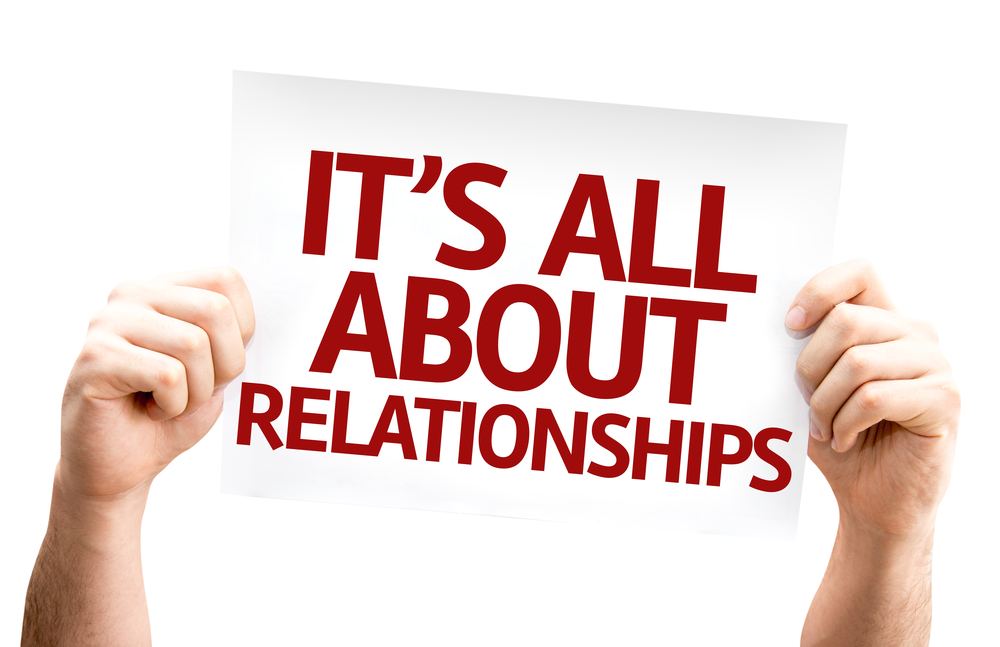
Relational Skill Building: Wounding happens in relationship. Healing happens in relationship.
- Presence
- Creating rapport
- Establishing/maintaining safety and trust
- Creating a safe container
- Awareness of self and others
- Use of self in the session
- Transference/counter transference
Emotions:
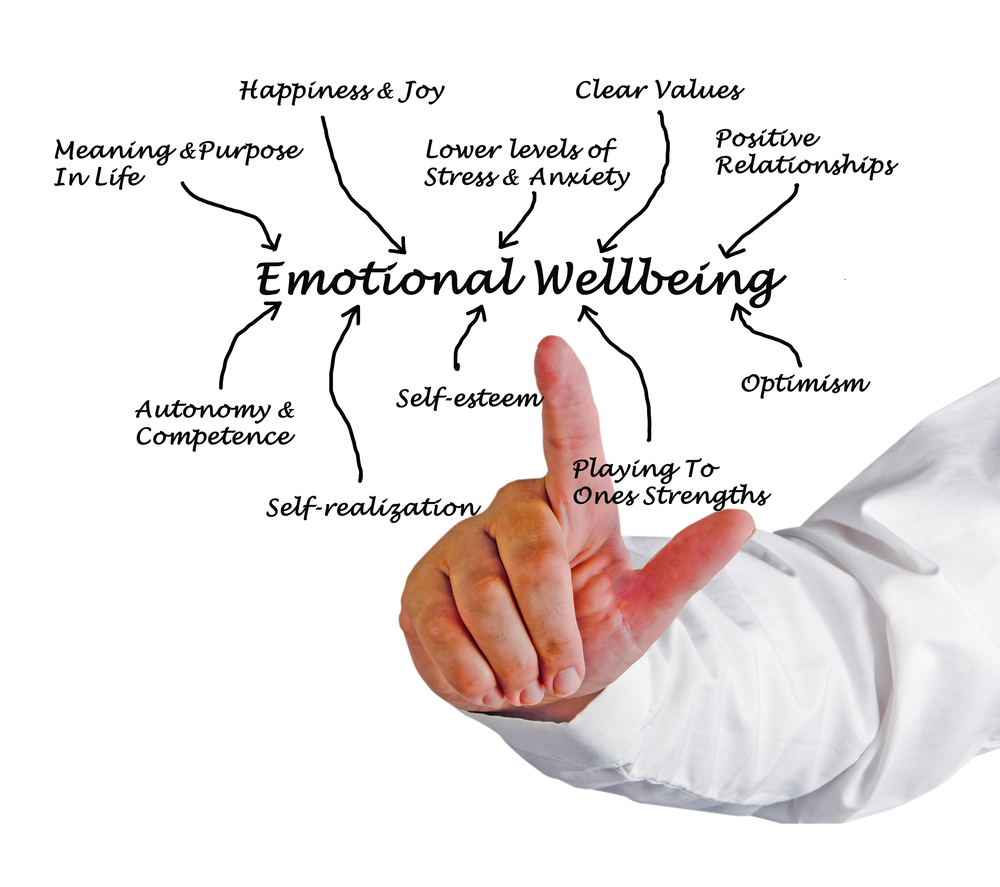
Emotions: Harnessing the power and wisdom of emotions creates transformational healing.
- How to contain and manage emotion
- Use of Humor
- How to deepen and expand emotions
- Using the wisdom of emotions in the healing process
- Healing through the dark emotions
- Emotional alchemy
Energy:
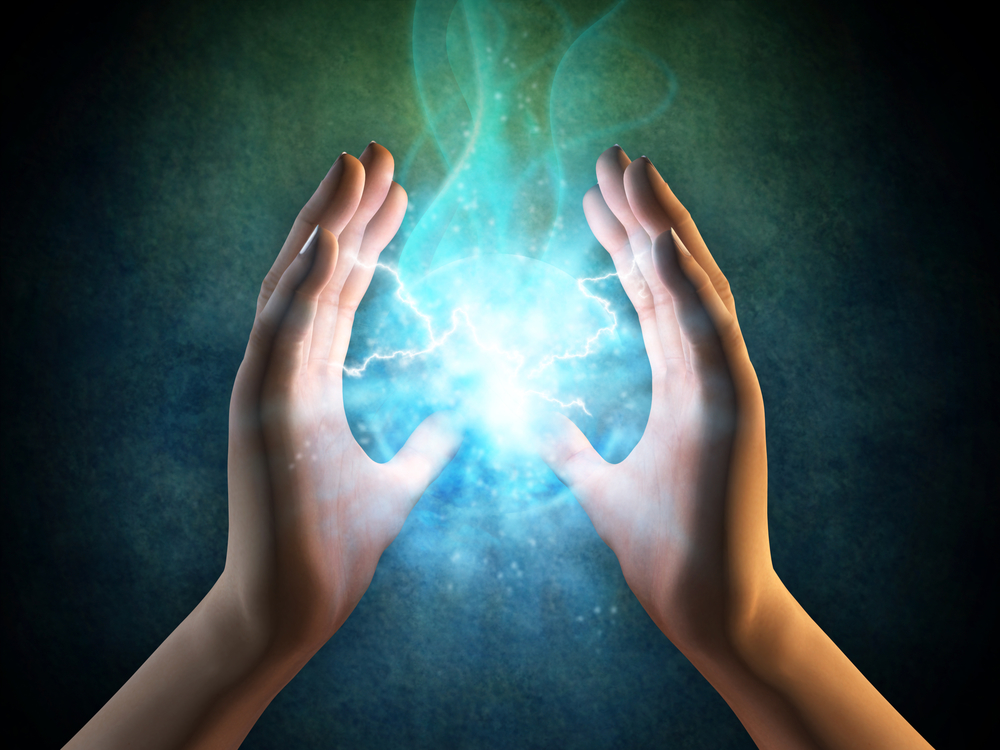
Energy: Healing the past unleashes energy too long kept prisoner.
- Exploration of energy
- Energy bound and freed
- The role of energy or energy work in RSM
Spiritual:

Spiritual: This is soul work!
- Exploration of Spirit
- Integrating Spirit with body, mind and emotions
- The role of Spirit in RSM
In the world:
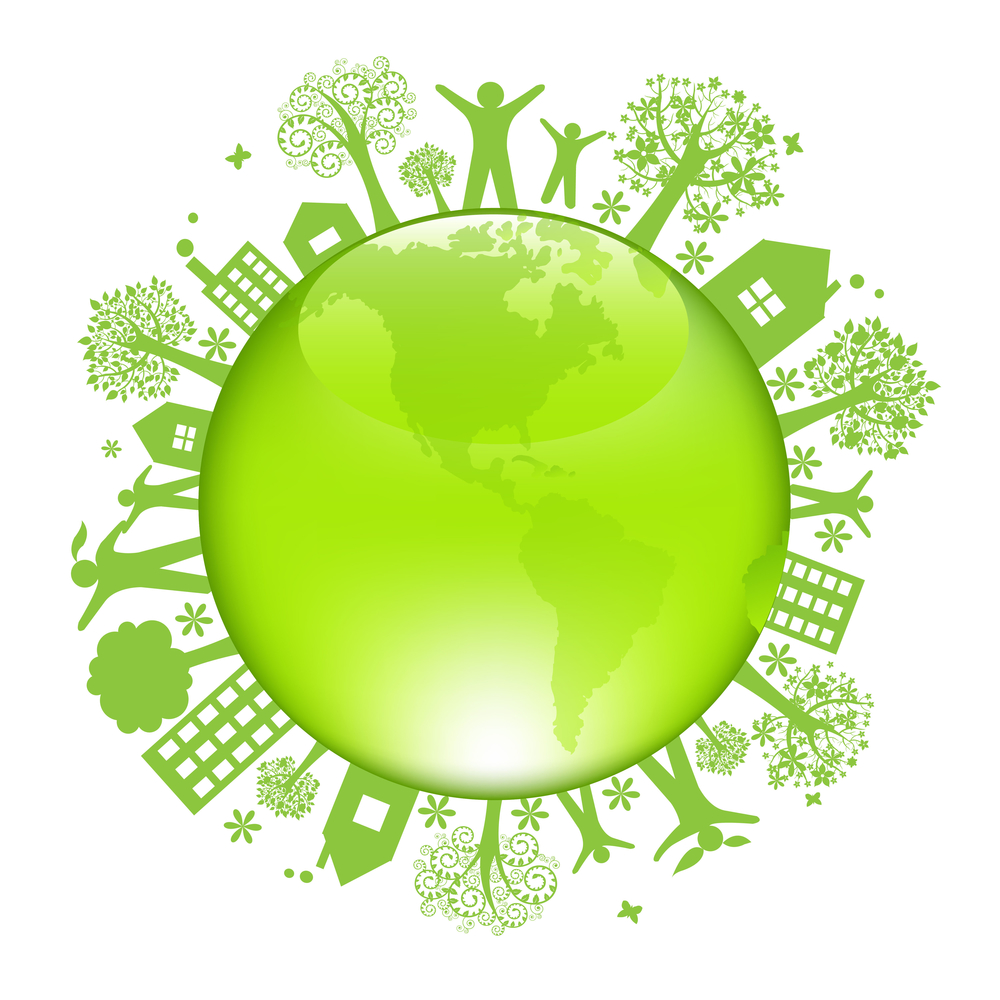
In the world: Take all you've learned, all you've become and go into the world as a healing force!
- RSM Practice Building
a. Attracting clients
b. Enrolling clients
c. Creating programs that deliver what your clients want and need - Self Care
What the Participants have to say about the RSM Training.
 I was afraid the training was going to be airy-fairy, but it wasn’t. It was deeply rooted, grounded information, based on decades of knowledge and experience. We were taught skills that I continue to develop, even today.
I was afraid the training was going to be airy-fairy, but it wasn’t. It was deeply rooted, grounded information, based on decades of knowledge and experience. We were taught skills that I continue to develop, even today.
Mary Petschen, CRS
Minneapolis, MN
